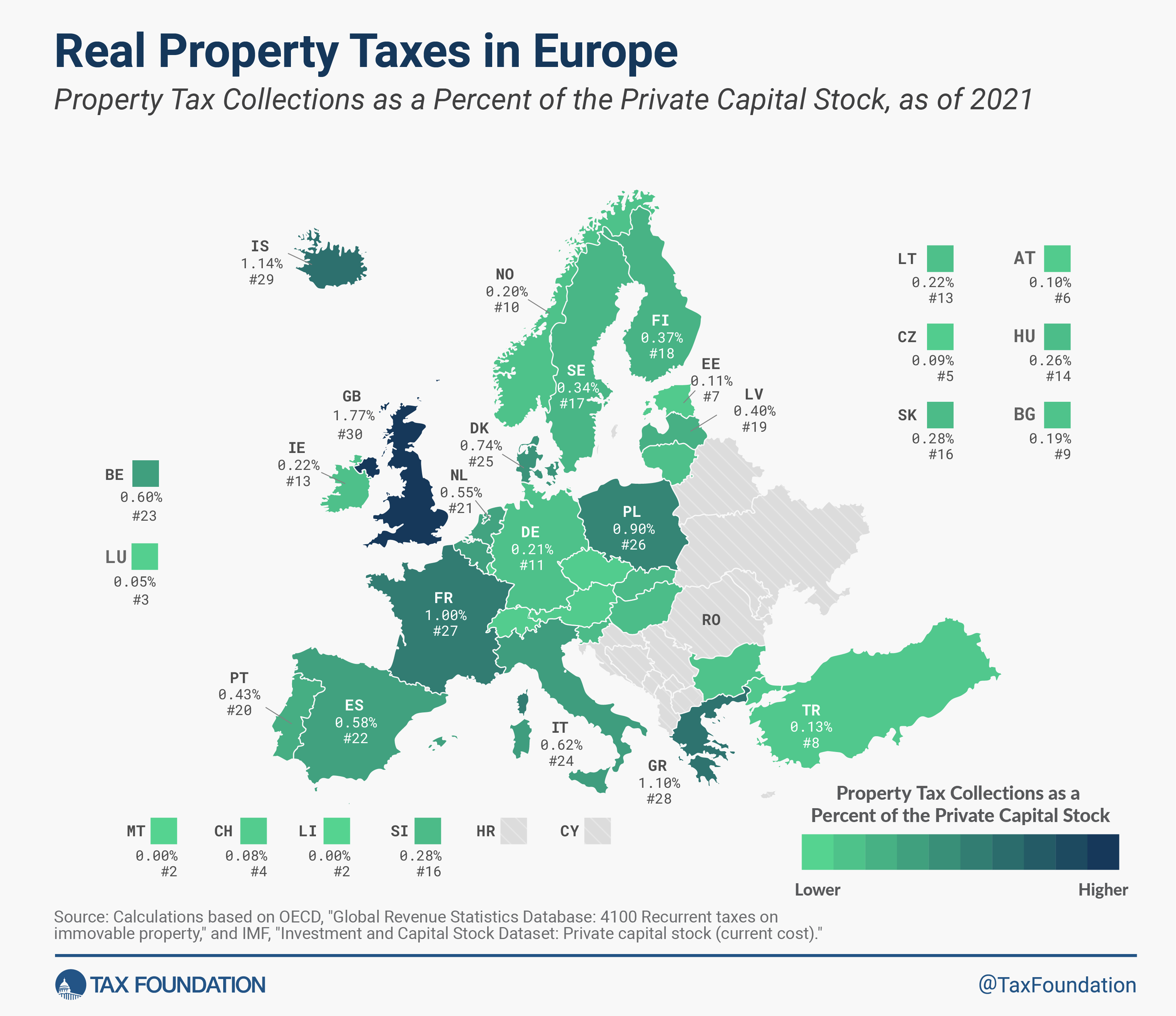What Happens to Cryptocurrency after You Die?
Not all that long ago, there was little need to define what was meant by “assets” when it came time to create an estate plan. In the 21st century, however, your “assets” can be a bit more difficult to define. In today’s digital world, some of your most expensive “assets” are not things you can see or feel. Cryptocurrency, for example, can be extremely valuable; however, it can also be difficult to understand, making it a challenge to include in your estate plan. With that in mind, the Indianapolis attorneys at Frank & Kraft explain what happens to cryptocurrency after you die.
What Is Cryptocurrency?
Although we have had electronic banking and digital “assets” for some time now, cryptocurrency is truly unique in that it does not neatly fit into any existing asset categories. Despite the name cryptocurrency, it is not a currency in the traditional sense of the word as we have understood it for thousands of years. It can be used as a currency, but it can also be an investment. Just to make it more confusing, cryptocurrency is not issued by a bank or even a government. Instead, cryptocurrency is a digital or virtual asset created by computer operators referred to as “miners.” Most cryptocurrencies are recorded on a “blockchain” on a decentralized network. This blockchain ledger is enforced by a series of network computers. Because cryptocurrency is not issued by a centralized official bank, government, or authority, it is extremely difficult to regulate transactions using cryptocurrency, making it a popular “currency” for those who trade in black market goods. At the same time, however, legitimate investors have flocked to purchase cryptocurrency, trying to gage which one will become the next Bitcoin.
For estate planning purposes, the elusive nature of cryptocurrency can make it tricky to protect within your estate plan. As such, extra care must be taken to ensure that your cryptocurrency ends up in the right hands after you die.
State Law and Cryptocurrency
Given the confusion and concerns that arose just as quickly as the popularity of cryptocurrency, the Uniform Law Commission created the Revised Uniform Fiduciary Access to Digital Assets Act (RUFADAA) to address these questions and concerns. Most states, including Indiana, have adopted the RUFADAA. Along with many other things, RUFADAA provides privacy and control to owners of digital assets and allows owners to decide what will happen to the asset upon the death of the owner. In many respects, RUFADAA makes it so that digital assets, including cryptocurrency, can be treated the same as other assets within your estate plan.
Who Will Have Your Cryptocurrency Wallet and Key When You Die?
One important difference between cryptocurrency and other assets, even other digital assets, is that to access cryptocurrency you must know how to find the “wallet” where it is located, and you must have the “key.” Unfortunately, neither of these things are what you think they are. Neither the wallet nor the key are tangible things. Instead, both are digital, and they cannot be replaced if they are lost. If you own cryptocurrency, you know that the only way to access it is to have the private “key,” an alphanumeric code that allows access to the wallet.
The unique nature of cryptocurrency requires you to be extremely careful when including it in your estate plan. You can gift cryptocurrency in the same way you gift other assets, in your Will or via a trust; however, you must also plan for the beneficiary to have the required key. Putting the key directly in your Will or trust agreement is not wise because anyone who has access to those documents could then access and take the cryptocurrency – and there is no legal recourse if that happens. Talk to your estate planning attorney about the best way for you to pass down your cryptocurrency after you die to make sure it is not lost in the ether.
Do You Need Help Including Cryptocurrency in Your Estate Plan?
For more information, please join us for an upcoming FREE seminar. If you need help making sure that your cryptocurrency is accessible by the right beneficiary after your death, contact the experienced Indianapolis estate planning attorneys at Frank & Kraft by calling (317) 684-1100 to schedule an appointment.
Paul Kraft is Co-Founder and the senior Principal of Frank & Kraft, one of the leading law firms in Indiana in the area of estate planning as well as business and tax planning.
Mr. Kraft assists clients primarily in the areas of estate planning and administration, Medicaid planning, federal and state taxation, real estate and corporate law, bringing the added perspective of an accounting background to his work.
Latest posts by Paul A. Kraft, Estate Planning Attorney (see all)






